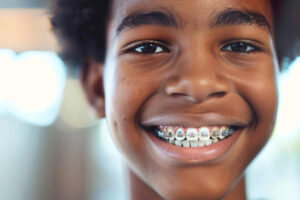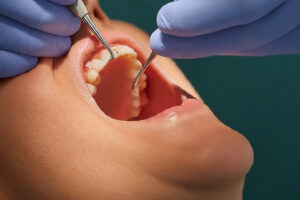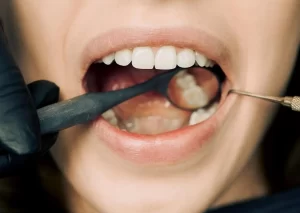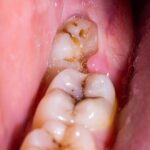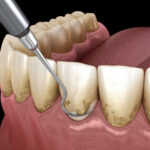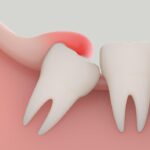Can You Get Your Wisdom Teeth Removed While Pregnant
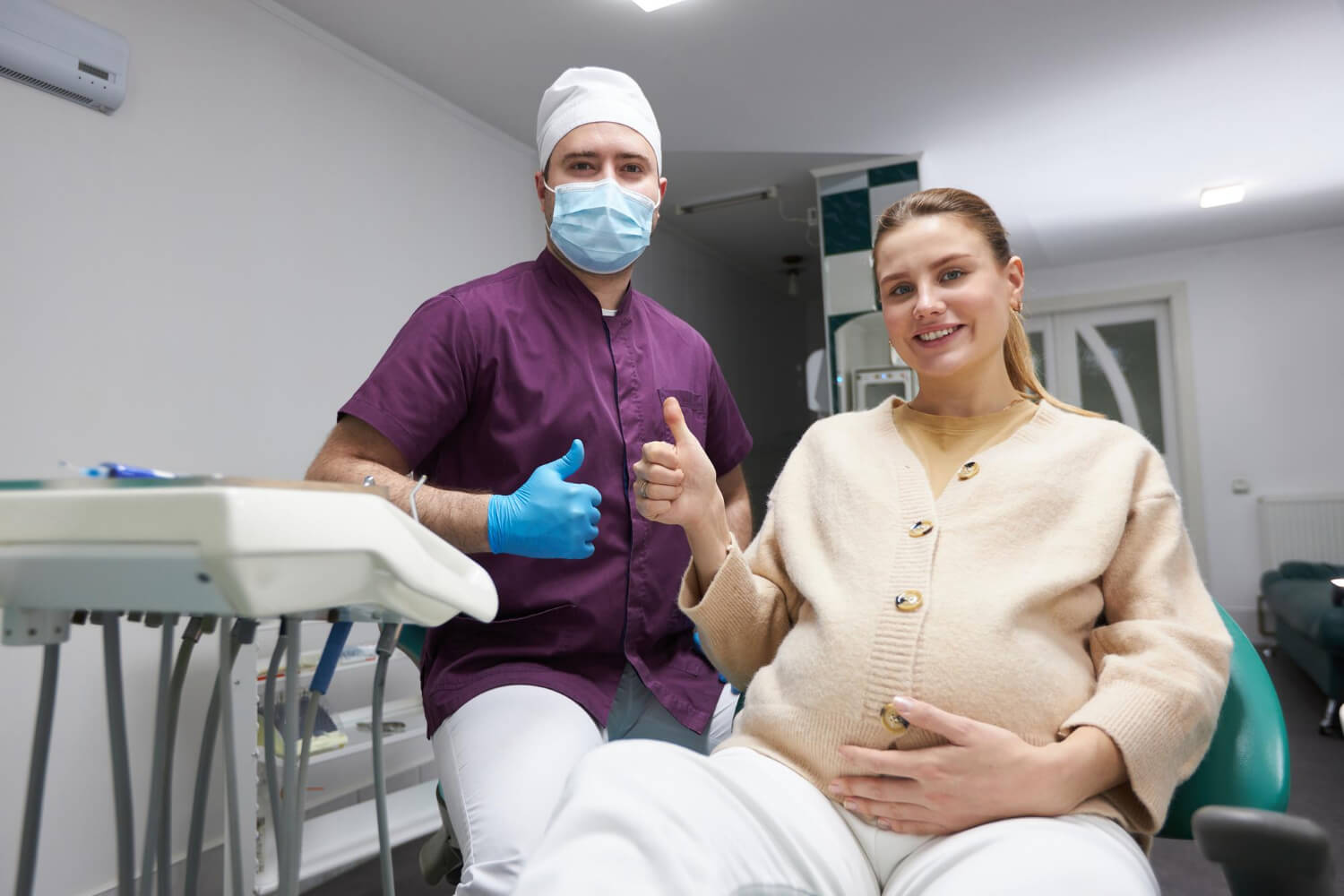
As a dental surgeon, I often encounter patients facing the dilemma of whether to proceed with wisdom teeth removal during pregnancy. This concern is understandable, given the additional considerations pregnancy introduces.
Many expectant mothers worry about the safety of dental procedures during this time and how they might affect their health and that of their unborn child.
In my practice, addressing these concerns with clear, evidence-based advice is a priority, ensuring that every patient feels confident and informed about their dental care choices.
Today, let’s discuss the key factors surrounding wisdom teeth removal for pregnant patients, focusing on timing, safety protocols, and how to ensure a smooth and comfortable recovery process.
Table of Contents
Can I have my wisdom teeth removed if I’m pregnant?
Wisdom teeth, or third molars, can sometimes cause significant discomfort or lead to dental issues that require attention.
If you find yourself in a situation where your wisdom teeth are causing pain or complications during your pregnancy, you might wonder if it’s safe to have them removed.
The short answer is yes, it is possible to undergo wisdom tooth extraction while pregnant.
Still, the timing, along with certain precautions, need to be carefully considered to minimize any potential risks to you and your baby.
The second trimester is often the ideal time for such dental procedures, as the developmental risks to the fetus are lower compared to the first and third trimesters.
Weighing the Risks of Tooth Extraction During Pregnancy
Ideally, if the tooth can be saved and doesn’t pose a big risk for the expectant mother, we’ll choose to either remove it before pregnancy or after the baby is born. Here are some possible situations and how we choose to deal with them:
Infection
Untreated dental infections, including those that might arise from problematic wisdom teeth, pose a risk not just to the mother but potentially to the fetus as well.
Severe infections can lead to increased inflammation and have been associated with preterm birth and low birth weight. Thus, in cases where the risk of infection is high, the benefit of extraction might outweigh the risks.
Anesthesia Concerns
The use of local anesthetics is generally considered safe during pregnancy, particularly lidocaine, which falls under Pregnancy Category B (no evidence of risk in humans).
We need to be cautious, though, and use the minimal effective dose, to mitigate any potential risks.
Radiation Exposure
Dental X-rays are sometimes necessary to assess the position and health of wisdom teeth.
Modern dental X-rays emit very low levels of radiation, and with proper shielding (such as a lead apron), the risk to the fetus is minimal.
Still, every effort is made to avoid unnecessary X-rays during pregnancy.
Stress and Discomfort
The physical and emotional stress of undergoing a dental procedure, including tooth extraction, can be a concern during pregnancy.
Stress management and minimizing discomfort are priorities, with a focus on creating a calm and supportive environment for the expectant mother.
Mitigating Risks
- Timing the procedure: The second trimester is generally considered the safest time for dental procedures, including wisdom teeth extractions. This timing avoids the critical development period of the first trimester and the increased risk of preterm labor in the third trimester.
- Anesthetics: Local anesthetics, such as lidocaine, may be used during the procedure. These are generally considered safe during pregnancy, but the dentist or oral surgeon will use the lowest effective dose to minimize any potential risk to the fetus.
- Avoiding medication that can pose risks: Certain medications commonly used in dental procedures may be avoided or used with caution. For example, certain antibiotics and pain relievers that are not safe for use during pregnancy may be substituted with safer alternatives.
- X-rays if needed: If X-rays are necessary to plan the extraction, protective measures, such as a lead apron, will be used to minimize exposure to the fetus. Digital X-rays, which emit lower radiation than traditional X-rays, may also be preferred.
- Monitoring and comfort: Additional care will be taken to ensure the comfort and well-being of the pregnant patient, including monitoring vital signs and using supportive measures to reduce stress and discomfort during the procedure.
- Consultation with obstetrician: Before the extraction, the dentist or oral surgeon will typically consult with the patient’s obstetrician to ensure that it is safe to proceed with the procedure and to discuss any specific precautions that should be taken based on the patient’s health and pregnancy.
- Postoperative care: Special consideration will be given to postoperative care, including pain management and antibiotics if necessary, to ensure they are safe for the pregnant patient.
Are there safe medications and treatments for pain and infection during wisdom teeth extraction while pregnant?
Yes, safe medications for pain and infection are available for pregnant women undergoing wisdom teeth extraction. Local anesthetics, like lidocaine, are commonly used during the procedure.
For pain relief after the surgery, acetaminophen is often recommended.
Antibiotics that are safe during pregnancy can be prescribed to prevent or treat infections. Do consult your healthcare provider before taking any medication and never self-medicate.
Do you have to take a pregnancy test to get your wisdom teeth out?
No, taking a pregnancy test is not a standard requirement for everyone before wisdom teeth extraction. If there is a chance you could be pregnant, your dentist or oral surgeon might recommend taking a pregnancy test. This is to ensure that any medications, anesthesia, or treatments used during or after the procedure are safe for both you and the potential pregnancy.
Are you not allowed to get a tooth pulled while pregnant?
No, it’s not that you’re not allowed to get a tooth pulled while pregnant. Dental extractions, including wisdom teeth removal, can be safely performed during pregnancy, especially during the second trimester.
Still, dentists and oral surgeons take extra precautions to ensure both the mother’s and the fetus’s safety, such as using safe anesthetics and avoiding certain medications.
Can you go under anesthesia while pregnant?
Yes, you can undergo anesthesia while pregnant, particularly for necessary medical or dental procedures, but it’s approached with caution. Local anesthesia is generally considered safe for pregnant women. For more complex procedures that might require general anesthesia, the risks and benefits will be carefully weighed by your healthcare providers.
How do you get rid of wisdom teeth pain while pregnant?
To manage wisdom teeth pain while pregnant, use safe practices like cold compresses on the cheek to reduce swelling and pain. Rinsing with warm salt water can help with inflammation and bacteria. Acetaminophen is often recommended for pain relief, but always consult your healthcare provider before taking any medication. Avoid aspirin and certain other pain relievers that may not be safe during pregnancy.
Does pregnancy cause wisdom teeth to come in?
No, pregnancy does not directly cause wisdom teeth to come in. The timing of wisdom teeth eruption typically depends on individual development and genetics, usually occurring in late adolescence or early adulthood. Pregnancy can lead to changes in the body’s hormones, which might make the gums more sensitive and susceptible to swelling and pain, possibly making existing wisdom teeth issues more noticeable or uncomfortable.
Fact Checked
Our dedicated team rigorously evaluates every article and guide to ensure the information is factual, up-to-date, and free of bias.
Updated Regularly
We update our articles and reviews regularly to ensure you have access to the latest data in the dental industry.
The content on Dental3DU’s blog is intended for educational purposes only. This information should not be relied upon as professional medical counsel. Be sure to always consult with your dentist about the dangers and benefits of any medication, treatment or procedure.

